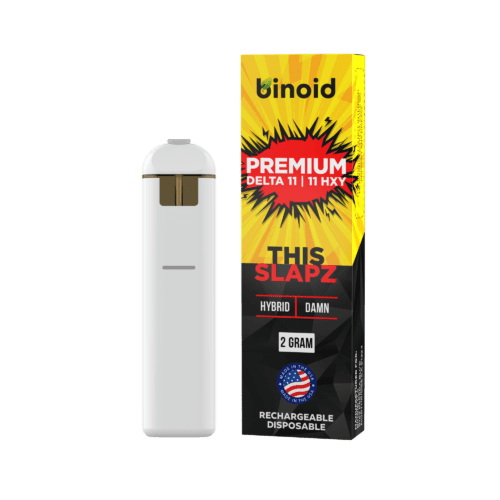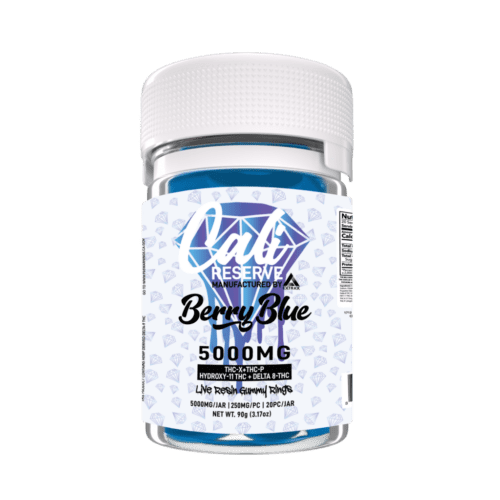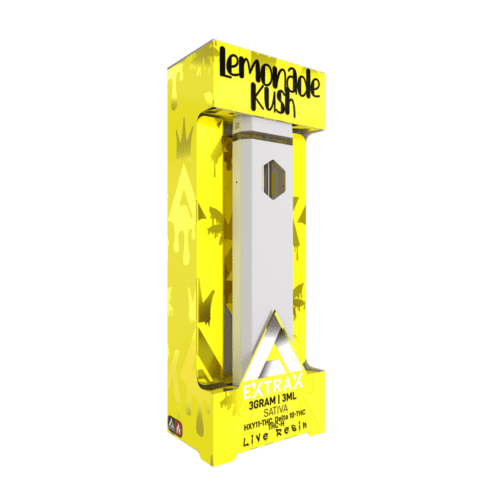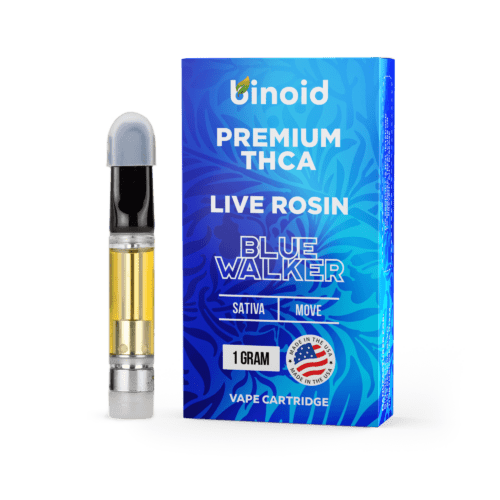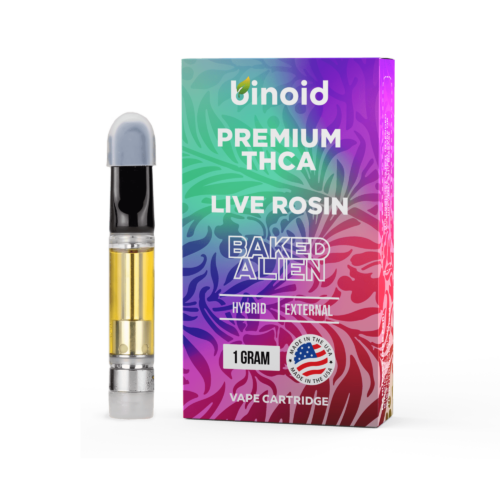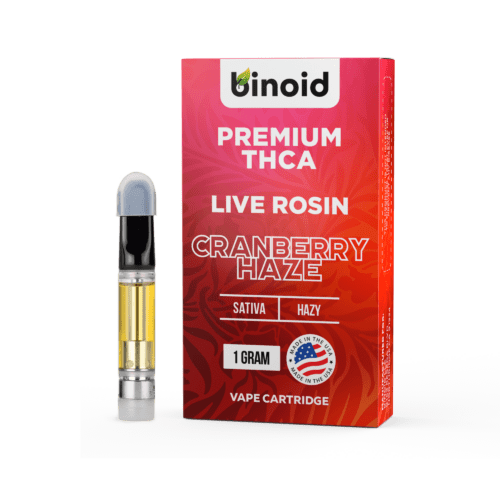
Delta 11 Cannabinoid: Tested and Reviewed
One of the rarer cannabinoids out there, delta 11 THC is a derivative of the hemp plant that’s as enticing as it is mysterious, in that we know very little about it – in fact, it’s one of the cannabinoids that we understand the least, due to its being a very recent discovery, and practically zero research behind it. So, what do we know about how delta 11 works, to offer insight into its potential capabilities?
To Buy Delta 11 THC Products Click Here
How Do Cannabinoids Work
To appreciate how delta 11 works in the body, we need to understand the relationship that all cannabinoids share with the endocannabinoid system (ECS). The ECS is a complex system that exists in all mammals, and its job is to use cannabinoids to regulate individual processes of the body, with the overarching goal of bringing us into homeostasis.
Throughout the body, you’ll find cannabinoid receptors, each one capable of regulating a specific process of the body, whether it be our sleep cycle, our mood, our inflammation levels, our pain tolerance, etc. Cannabinoid receptors are divided up into two categories: CB1 receptors, located in the nervous system, and CB2 receptors, located mainly in the nervous system, digestive system and immune systems. Some cannabinoids work more strongly with CB1 receptors, some work more strongly with CB2 receptors, and some work with both types of receptors in a balanced way.
When a cannabinoid absorbs into our body’s bloodstream, it binds to specific cannabinoid receptors, and this process enables the cannabinoid receptors to regulate specific processes that affect our body and mind. At the same time, specific cannabinoid receptors in the brain use cannabinoids to produce a psychoactive effect, and how strongly a particular cannabinoid attaches to those receptors determines the strength of the high, which explains why some cannabinoids are far more intoxicating than others.
There are over 100 individual cannabinoids in the hemp plant, and each one plays its own role in interacting with the endocannabinoid system, which is why each cannabinoid ultimately feels and behaves differently. This is why getting high off of delta 8 can feel so different from getting high off of THC-P, for example.
In theory, each time we consume a cannabinoid, we’re bringing our bodies closer to homeostasis, although it’s safe to say that the majority of people who take psychoactive cannabinoids are more interested in its immediate intoxicating effects, which are undeniably enjoyable and can be extremely valuable to maintaining our mood, physical comfort levels and more on a daily basis.
How Does Delta 11 THC Work with the Endocannabinoid System?
Delta 11 THC is an extremely new discovery, so it’s not surprising that it’s a cannabinoid that comes with a lot of confusion, with different sources having different ideas of how its high and its relationship to the endocannabinoid system. Some say that it acts on CB1 and CB2 receptors almost identically to delta 9 THC.
Others say that it acts on CB1 receptors up to 3x as strongly as delta 9 THC, making its effects significantly more potent, at least when it comes to its high. In this case, what we can say is that in the near future, we hope that researchers finally settle the debate once and for all.
What Effects Can Delta 11 THC Offer?
Because almost no scientific literature has yet been published on the effects of delta 11 THC, we can only base our understanding of it off of anecdotes from those who have actually used it. It’s also extremely rare on the market – in fact, it’s one of the hardest cannabinoids to find – and so even anecdotal information is extremely rare, and the smaller the sample pool, the harder it is to come to any solid conclusions since it’s hard to find consistency between a small number of users.
Like we said, delta 11 THC’s high, in terms of its potency, is somewhere between that of delta 9 THC and 3 times that amount. One study suggests the latter, but other experts still believe that it may be overstated. Besides that, we don’t know what the high feels like, in terms of whether it’s more uplifting or relaxing, and more euphoric or sedating. Neither do we know what kinds of other effects the cannabinoid can offer when it comes to things like inflammation, pain tolerance, nausea, appetite and so on.
Final Delta 11 THC Working Thoughts
Delta 11 THC is a cannabinoid that there’s still a lot to learn about. But, at the very least, we know that through its interaction with the brain’s CB1 receptors, it can offer a meaningful high that no THC enthusiast will want to miss out on. And, as time goes on, we hope to have an even better understanding of how it works through research that will emerge as the cannabinoid grows in popularity. And, at Binoid, you can enjoy all sorts of amazing delta-11 products.

